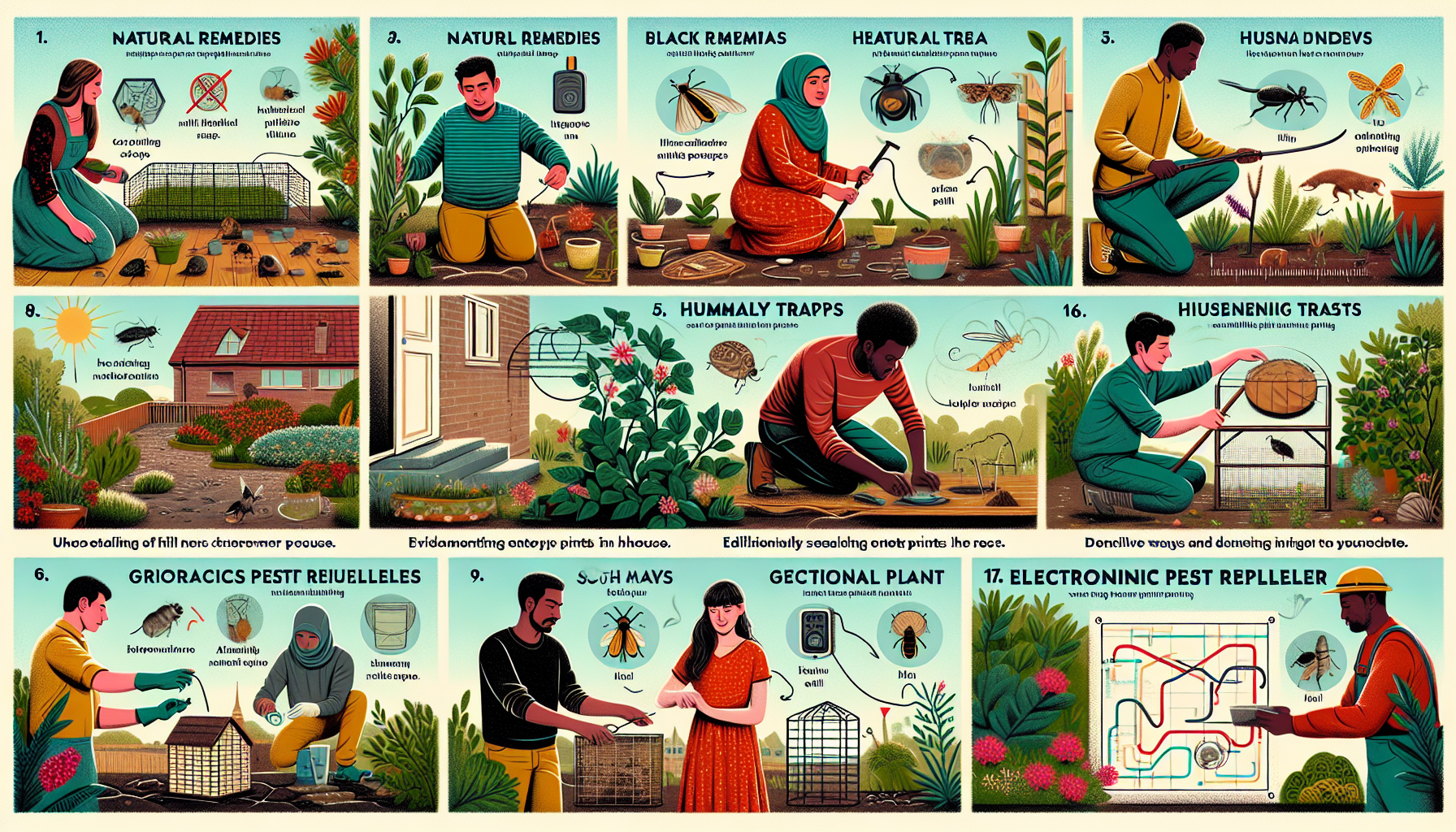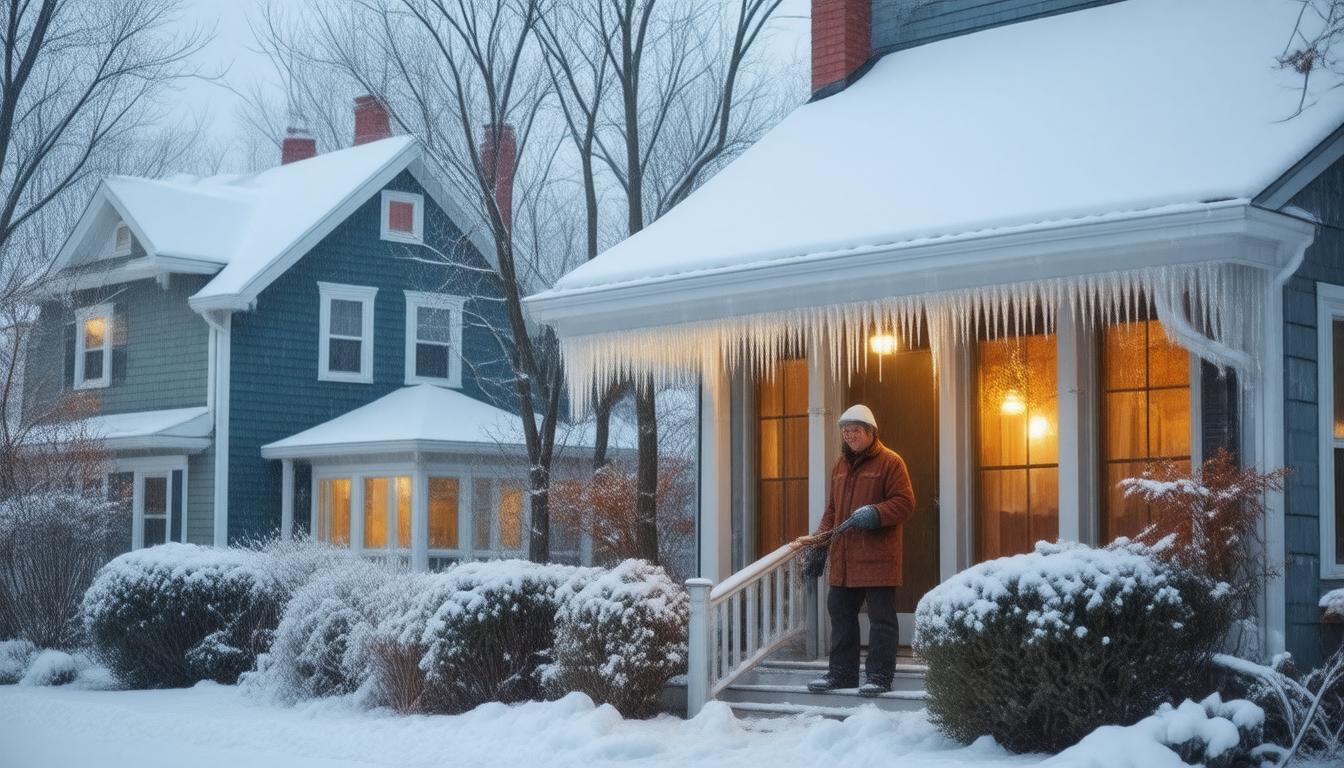
Before embarking on an aggressive pest control plan, it’s crucial to understand the behavior and habits of the pests you are dealing with. Different pests have unique behaviors, food preferences, and environmental needs, which dictate their nesting sites and breeding habits. By gaining insight into these factors, you can create a more tailored and effective strategy for prevention. For example, ensuring that food is stored properly, sealing entry points, and removing standing water are vital steps in deterring pests from establishing a presence in your home or garden.
Chemical Warfare: Utilizing Pesticides WiselyChemical pesticides are a common method for controlling pest populations. However, they must be used with caution and according to manufacturer instructions to avoid harming non-target organisms, including humans and pets. It’s essential to choose the appropriate pesticide for the specific pest, apply it effectively, and follow all safety guidelines. Remember to always consider the long-term impacts of pesticide use on the environment and explore integrated pest management strategies that minimize the reliance on chemicals.
Natural and Organic Solutions: Working with NatureThere is an increasing trend toward natural and organic pest control methods. These solutions often involve using natural predators, botanical pesticides, and organic practices that do not harm the environment. For instance, encouraging beneficial insects like ladybugs, which feed on aphids, can help control pest populations in a garden. Moreover, planting pest-repellent herbs and flowers or using diatomaceous earth can deter a range of pests without resorting to harsh chemicals.
Environmental Modification: Making Your Space UninvitingPests are always in search of food, water, and shelter. One of the most effective ways to control pests is to modify the environment to make it less attractive to them. This could involve removing food sources, such as keeping your kitchen clean and waste bins tightly sealed, as well as eliminating water sources, like fixing leaky faucets. Furthermore, decluttering and removing potential shelters can prevent pests from settling in.
Professional Pest Control Services: When to Call in the ExpertsSometimes, despite all your efforts, pests can persist or an infestation can become too severe to handle on your own. In these circumstances, it’s wise to call in professional pest control services. These experts can assess the situation, identify the pests accurately, and develop a tailored plan to eradicate them. Moreover, professionals can offer advice on preventing future infestations and may offer guarantees on their services.
Consistent Monitoring and Maintenance: A Long-Term StrategyPest control is an ongoing process, not a one-time event. Regular monitoring and maintenance are key to ensuring that your pest control strategies remain effective over time. This includes regularly inspecting your property for signs of pests, maintaining a clean and orderly environment, and promptly addressing any issues that arise. Keeping a log of pest activity and control measures can help you adapt and refine your strategies as needed.
ConclusionEffective pest control requires a combination of knowledge, strategy, and persistence. By understanding pest behavior, using pesticides wisely, embracing natural solutions, modifying environments, seeking professional help when necessary, and maintaining consistent vigilance, you can effectively combat pesky invaders and enjoy a pest-free space. Remember that preventing pest issues is often easier and more cost-effective than dealing with an established infestation, so proactive measures are always a smart approach.







